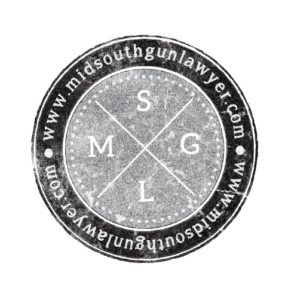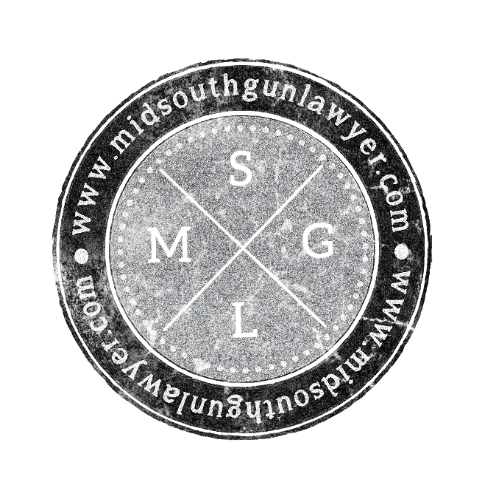In 2006, Mississippi statutorily incorporated the so-called “Castle Doctrine.”[100] The law applies not only to a person’s home, but also his occupied vehicle or in or around the immediate premises of his business/place of employment. Basically, the “Castle Doctrine” provides that a person can presume a criminal who unlawfully and forcefully enters his premises intends to kill, cause great bodily harm or commit a felony upon the occupant.[101] This is a rebuttable presumption, meaning that the prosecution may still obtain a conviction if it can be shown the ‘defender’ was not in actual fear for his safety. The presumption does not apply if the injured party had a right to be there or was a law enforcement agent, or if the ‘defender’ is engaged in illegal activity at the time of the incident. Contrary to some depictions by the media, the Castle Doctrine does not sanction vigilante justice. Rather, the Castle Doctrine tilts the scale in favor of the homeowner, essentially giving him the benefit of the doubt whenever a criminal is killed breaking into an occupied home, vehicle or business. The Castle Doctrine also provides that the occupant, as long as he is not the initial aggressor or engaged in unlawful activity, and in a place he has a right to be, has no duty to retreat.[102] Finally, the statute provides that a person acting in justifiable self-defense shall have similar presumptions in civil cases, is entitled to attorneys fees and expenses if the criminal unsuccessfully sues the homeowner, and is immune from civil suit if found “not guilty” in criminal proceeding.[103]

